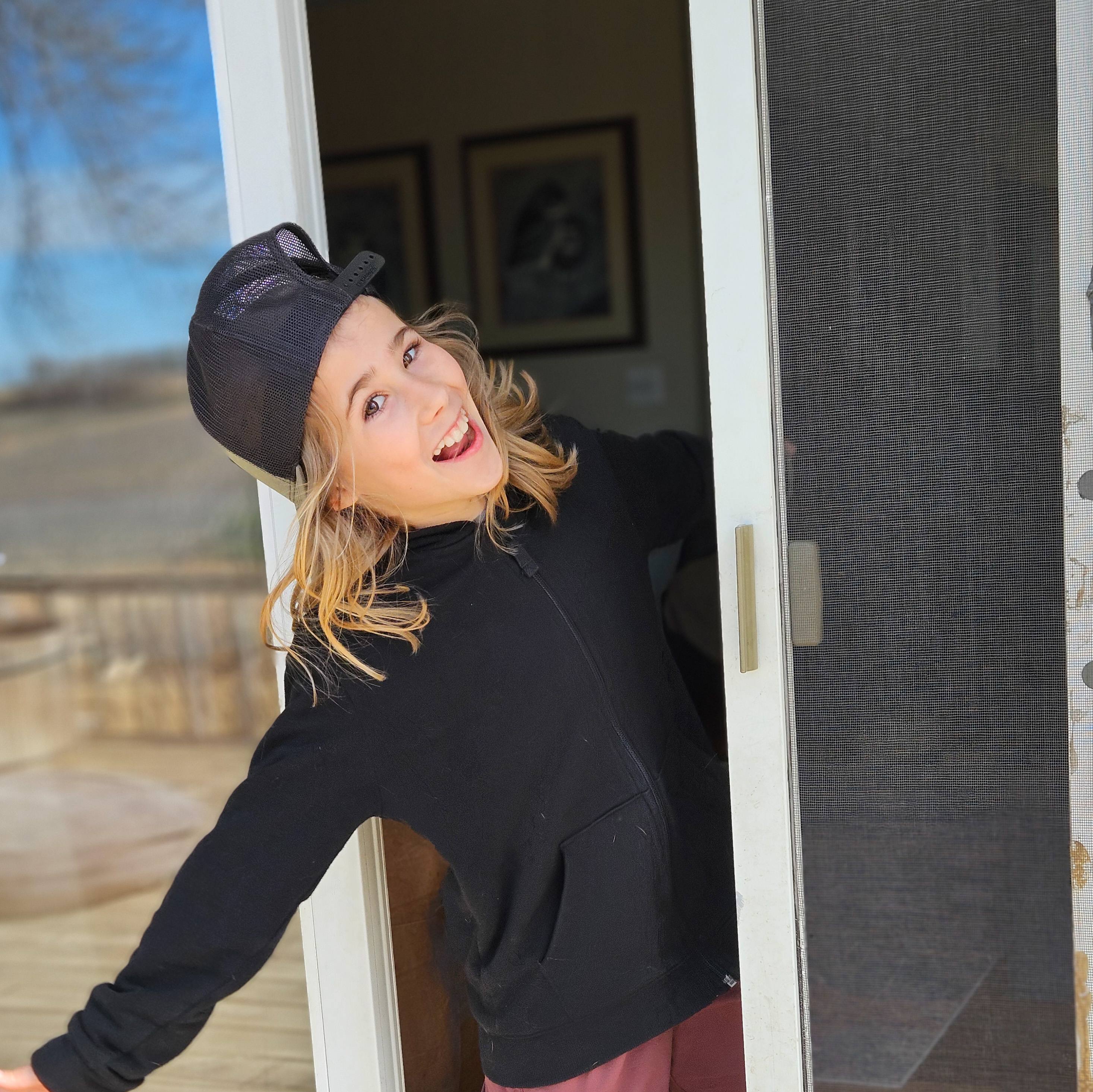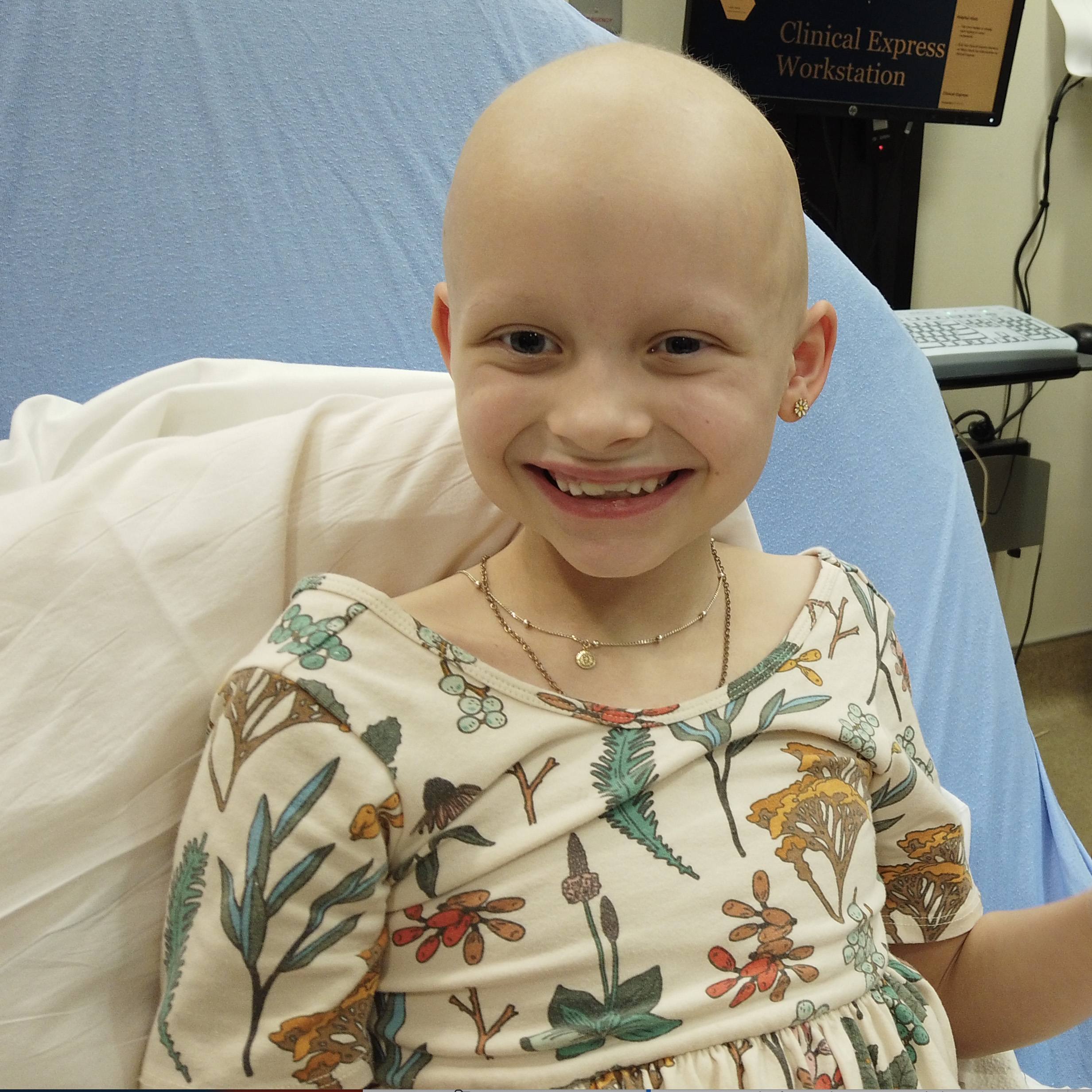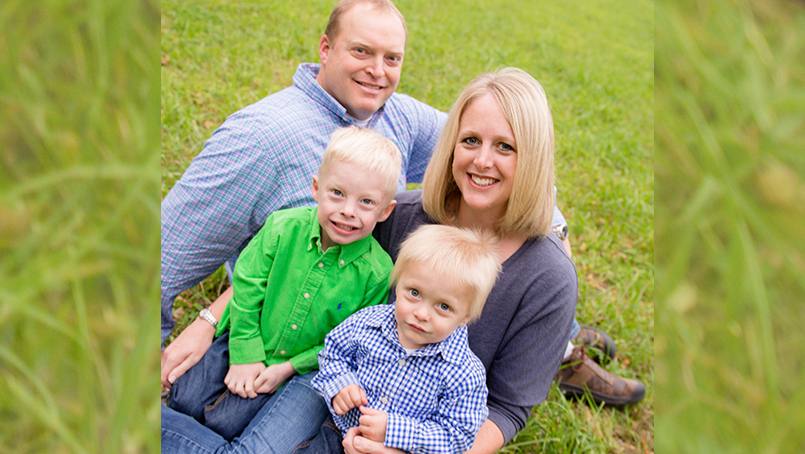 "There is something wrong" are words no expectant parent ever wants to hear. And for Ryan and Kathy Nielsen, they came just 20 weeks into Kathy's first pregnancy. The couple was eagerly awaiting the arrival of their child and had been busy getting their home ready. Then, doctors diagnosed their unborn son, Aaron, with congenital diaphragmatic hernia during Kathy's 20-week ultrasound. After the shock wore off, the couple began a search for answers that ultimately led them to Mayo Clinic's Rochester campus.
"There is something wrong" are words no expectant parent ever wants to hear. And for Ryan and Kathy Nielsen, they came just 20 weeks into Kathy's first pregnancy. The couple was eagerly awaiting the arrival of their child and had been busy getting their home ready. Then, doctors diagnosed their unborn son, Aaron, with congenital diaphragmatic hernia during Kathy's 20-week ultrasound. After the shock wore off, the couple began a search for answers that ultimately led them to Mayo Clinic's Rochester campus.
"We debated on a number of facilities after Aaron's diagnosis, but we ended up coming to Mayo, because they offered an ECMO (heart and lung machine) as part of his treatment if he were to need it," Kathy says. "The other medical facilities did not."
Doctors told Kathy and Ryan that Aaron would likely have no more than a 50 percent chance of survival after his birth. They were determined to put those odds in his favor. After his birth, Aaron spent 73 days in Mayo Clinic's Neonatal Intensive Care Unit at Mayo Clinic Children's Center. He underwent two surgeries — the first when he was just three days old.
"They basically built a new diaphragm for him, because he was born without part of his own," Kathy says. "They made it out of layers of his transverse abdominal muscle, which was different from what other facilities did."
Surgeries weren't the only thing Aaron had to overcome. There were also infections, and bouts of meningitis and pulmonary hypertension. Through it all, however, his parents and his care team never wavered or left his side.
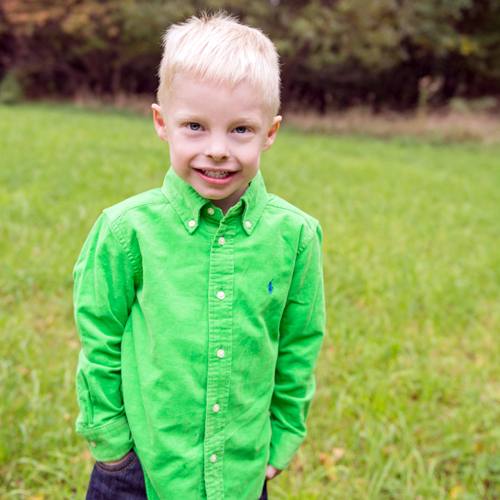
"Aaron had his ups and downs," Ryan says. "It was a roller-coaster of a ride at times, but his doctors, nurses, and everyone else in the NICU were phenomenal. He had a lot of people caring for him."
And they were there at the end of those 73 days when Ryan and Kathy were finally able to take Aaron home.
A second child soon followed — another son — and for a while, it looked like Ryan and Kathy could relax and enjoy the happy family life they'd always wanted.
Another bump in the road
Three months later, however, Kathy noticed a strange dot on their youngest son's skin. The couple returned to Mayo Clinic, where doctors diagnosed their second son, Grant, with Wiskott-Aldrich syndrome, a rare and potentially life-threatening immune system disorder. The condition inhibits the body's ability to produce platelets, the blood cells that help keep bleeding under control.
Grant's only hope for a cure was a bone marrow transplant. There was just one catch. Because Wiskott-Aldrich syndrome is so rare, Mayo Clinic had never performed a bone marrow transplant on a patient who had the condition.
"Bone marrow transplants for patients with Wiskott-Aldrich syndrome, by themselves, are not that unique," says Shakila Khan, M.D., a pediatric hematologist/oncologist at Mayo Clinic. "But here at Mayo, we initially were not doing immunodeficiency transplant, because we didn't have the required immunology support."
Dr. Khan told Ryan and Kathy that she and her medical team were willing to have Grant be their first transplant for Wiskott-Aldrich syndrome … if they were OK with that.
"Mayo and Dr. Khan were always very straightforward with us about that," Ryan says. "They said, 'We think we can help — we've never done this kind of transplant before — but we think we can help your son.'"
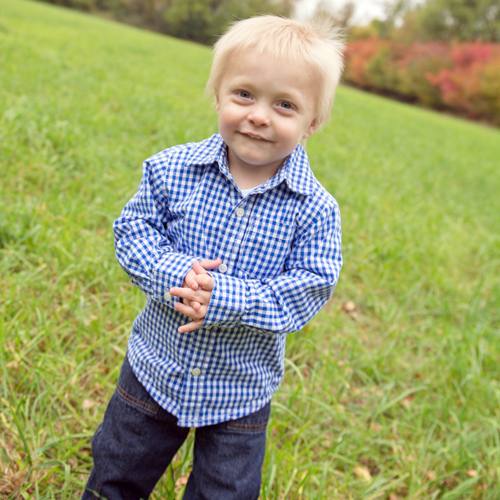
Though they'd researched and visited other facilities that had performed bone marrow transplants on patients with Wiskott-Aldrich syndrome, Ryan says the "straightforward honesty" the family received from Dr. Khan and others is what ultimately made them decide to turn to Mayo Clinic again. "Because they were so open and honest with us, we came back and said, 'No, let's do it here,'" Ryan says. "That made the decision for us."
With the decision made, Dr. Khan began guiding Ryan and Kathy through the process of getting Grant qualified for his transplant, including finding a matching donor through the National Marrow Donor Program's Be the Match registry. "They found several possible matches," Ryan says. "Ours just happened to come from Germany."
Grant's transplant went well, and was ultimately a success. However, there was a complication when his liver reacted to the to the chemotherapy drugs given to prepare him for his procedure. "His liver started shutting down, which was pretty scary," Ryan says. "But his medical team worked through it and brought in all the specialists they needed to help." And that, Ryan says, is what's "so great" about Mayo Clinic. "Anyone you could ever need is already right there," he says. "They never have to send you anywhere else. You just call and they're there. That was very comforting for us."
An exceptional team approach
Grant's entire care team at Mayo was exceptional, Ryan says. Especially the nurses "who were so good about giving us breaks" and offered to stay with Grant so he and Kathy could grab a quick bite to eat throughout the day. "Having a chance to do that and get away from everything for a bit -- little things like that made a big difference for us," Ryan says.
In the end, it also made a big difference for both of the couple's sons, too, who Ryan says are now back home and "doing great" in their ongoing recoveries.
"We could not have asked for better care, or better people. Looking back, we wouldn't change a thing." - Ryan Nielsen
"Grant's down to monthly appointments now and he's got his strength back," he says. "And Aaron, his lungs continue to grow. He'll continue to see his doctors at Mayo Clinic on a yearly basis, but he's also doing very well. His lungs are growing and getting stronger."
Both are outcomes that, looking back, Ryan and Kathy say they couldn't be more pleased with.
"The main reason we chose to go back to Mayo Clinic with Grant was because of the experience we had there with Aaron," Ryan says. "We really like and appreciate Mayo's team-approach to care. No one's opinions are left out. They all talk as a team -- the nurses, the doctors, the specialists -- and they don't leave any stone unturned. We could not have asked for better care, or better people. Looking back, we wouldn't change a thing."
HELPFUL LINKS
- Learn more about Mayo Clinic Children's Center.
- Explore Mayo Clinic's transplant programs.
- Request an appointment.
Related Articles
